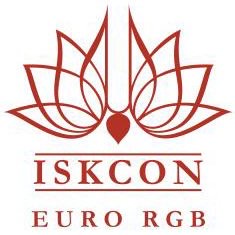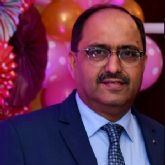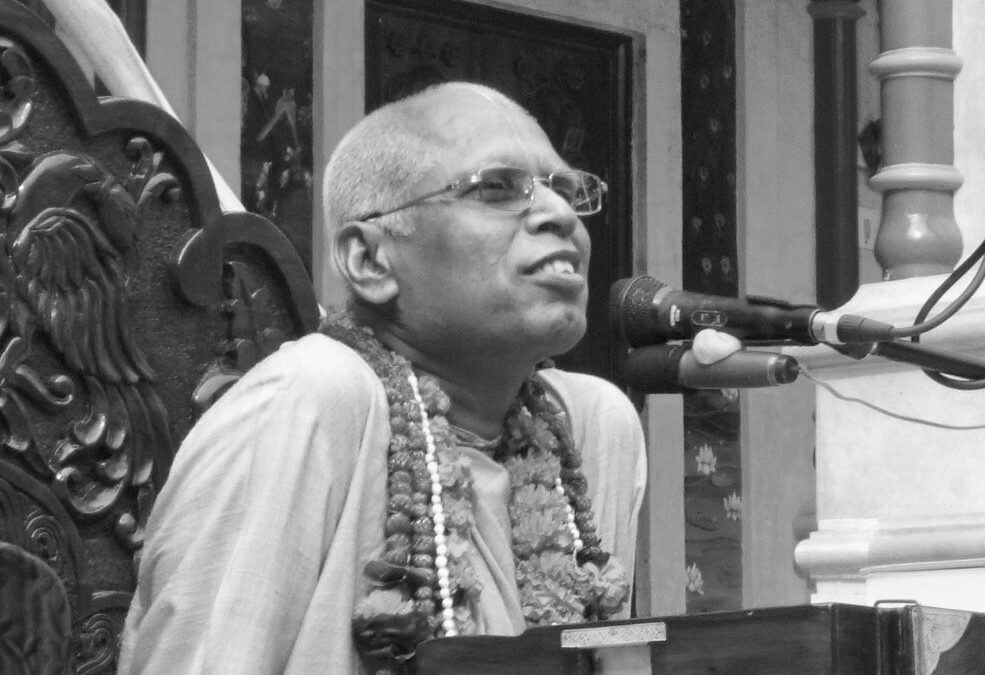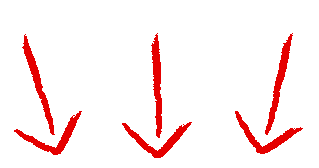ISKCON Communications Q & A
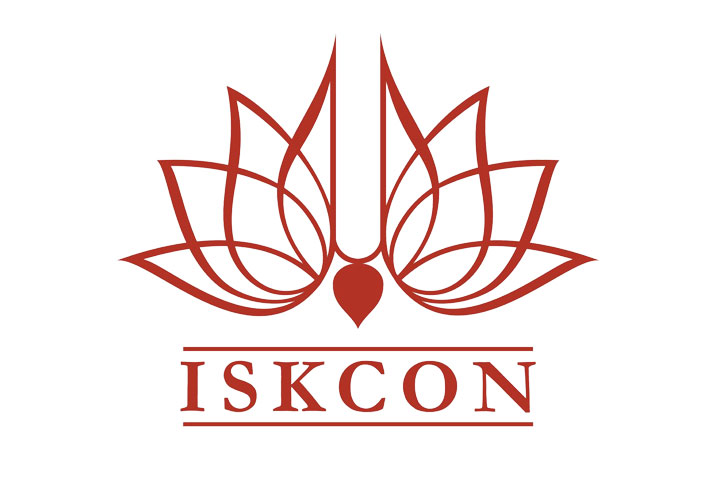
Questions and Answers Regarding the Decision on Lokanatha Swami
September 7, 2022
Is Lokanath Swami still allowed to initiate disciples?
Yes, in those parts of the world that welcome him to do so. North America has already determined he is not welcome to initiate or visit there.
Is Lokanath Swami restricted in his travel?
Regional Governing Bodies (RGBs) or similar leadership bodies of ISKCON may welcome Lokanath Swami to travel to their parts of the world. He will not do so unless welcomed or invited.
Why didn’t the GBC send this to the CPO when the allegations of abuse first arose?
The allegations of abuse arose before the Child Protection Office (CPO) existed. The GBC took it seriously and did its own investigation—including mandating a professional psychological assessment in 1993. An additional review was made by the GBC in 2011 and additional restrictions were put in place. Lokanath Swami did comply substantially with those requirements and restrictions.
Why not just send it to the CPO now?
When the question arose again in 2021 whether the case had been dealt with properly, the GBC created a Panel of senior ISKCON members, including two former CPO Directors, and asked for their analysis, including the question of whether this should now go to the CPO.
There was a consensus among the Panel that the case should have gone to the CPO after its inception in 1998, or later when the GBC re-considered the case in 2011-2012.
However, all five members of the Panel recommended against it being sent to the CPO now. They agreed that after a period of 30 years and several rounds of GBC inquiries, decisions, and restrictions, it made little sense to send it to another entirely different adjudication body. Putting the parties involved and the Society through that process again was seen as against the principles of justice.
How did the majority and minority of the Panel differ in their opinions?
The primary difference in the 5-member Panel’s Majority Report and Minority Report was that the minority felt that since this had always been a matter of a GBC administrative action, the GBC had the right to administratively invoke the 2007 law, and thus take additional actions such as restricting Lokanath Swami from further initiations. The majority disagreed for reasons explained in the Panel report and felt no further action needed to be taken.
What were the qualifications of the members of the Panel?
The five-member Panel included all senior devotees. Among them (with some members holding more than one of the following qualifications) the panel included: Two attorneys; two former CPO Directors; one former GBC member; one initiating guru; one GBC Deputy, and two Prabhupada disciples. Three were from the US, two from India, one from South Africa.
Why did the GBC put additional restrictions now, if the Panel said the case was closed? Isn’t that ‘double jeopardy’?
The GBC, accepting the majority report, decided the case will not be reopened, or sent to the CPO for another round of review. So, no new restrictions were put in place by the decision. However, the GBC affirmed that regions of the world have the authority to restrict Lokanath Swami from visiting or initiating, as has already been done by North America. Lokanatha Swami agreed with the resolution and accepted that he would not visit or initiate where not welcomed.
Why didn’t Lokanath Swami just step down, or retire or resign?
Some leaders felt that would have been the best option. Others felt differently. However, following the Panel report, no such action was mandated.
Does this mean that someone who abused a child can serve as a guru in ISKCON?
This charge is the crux of why this issue has come up several times in the past. In short, did the GBC err in its 1996 decision and later decisions, and is Lokanath Swami a risk to others? As explained in the Panel Report, an extensive psychological assessment was conducted by experts in this field to determine if Lokanath Swami was a danger to children. It was their determination that he is not. (See the Panel Report for details).
Since the GBC had fully investigated the matter and placed restrictions, mandates, and corrective measures in the past, it was deemed improper and unnecessary in terms of both justice and the safety of ISKCON children to mandate additional restrictions. Although, regions are empowered to do so if they choose.
Isn’t the GBC caving in to pressure from certain parts of the world?
No genuine member of ISKCON condones abuse of the vulnerable. The most important questions are: What is needed to protect children? What are suitable responses to abuse?
Different severity of abuse requires appropriate responses. In cases of severe abuse, individuals have been officially banned from staying overnight at a temple, or banned for life from visiting any ISKCON temples. At the same time, different parts of the world may have different standards as to what are appropriate responses to less severe abuses, and where the balance of justice and mercy may fall. In this case, one that was adjudicated twice before, there were strong opinions voiced around the world. The GBC made what it felt was the best decision.
The SABHA (Spiritual Advisors Bhagavata Assembly) disagreed with the GBC decision. Why didn’t that change the outcome?
By ISKCON Law, the SABHA reviews GBC decisions. If 2/3 of the SABHA members object to a particular decision it is remanded back to the GBC to be reconsidered. In this case, a majority disagreed with the GBC decision, but it was less than 2/3 of the total SABHA membership. Thus, the GBC decision, including its endorsement of the Panel decision, stands.
Won’t this decision just add to more disappointment and bitterness?
It is hoped that ISKCON devotees who are concerned—as many will be—will take the time to study the Panel Report and the GBC decisions released today. The GBC spent many hours seeking a fair, reasonable, and balanced decision, understanding that it is not possible to satisfy all observers to the decision. The GBC struggled over competing views of fairness. They established a Panel of senior members to give guidance and bring closure to the issue. It is hoped that devotees with strong feelings on both sides of the question will see the wisdom in this difficult decision, and the Panel process that led to it.
How will the GBC avoid the same dilemma and controversy in the future?
The GBC recognized, as demonstrated in the second resolution released today, that it must assure in the future every credible case that arises must be directly referred to the appropriate office, including the Child Protection Office. The Lokanath Swami situation was an anomaly in that it was handled before the CPO was created, yet it was not referred to the CPO for a review when the CPO was established. That, many on the GBC and elsewhere agree, was a serious mistake. Yet, a reasonable investigation was undertaken, tests were administered to assure the accused did not present a further risk, etc. The majority of the recent Panel determined that the decisions and restrictions put in place in both 1993 and 2011-12 were within reason and thus they determined the previous decisions to be administratively appropriate.
Is Lokanath Swami still a GBC Member?
Lokanath Swami was never a full, or voting, GBC member. As a Minister of Padayatra and Kirtan he attended GBC meetings and was able to share his opinions on matters, but not vote. Since he no longer is a GBC Minister, he will not be attending GBC meetings.
Lokanath Swami is my initiating or instructing guru, can I still take shelter of him in my spiritual life?
There is nothing in the decision released today that affects the relationships that Lokanath Swami has with his existing followers or disciples. He continues to be a senior member of our society, and guru for his existing disciples.
ISKCON Communications, 10310 Oaklyn Drive, Potomac, MD 20854 USA
communications@iskcon.org • www.communications.iskcon.org • www.iskconnews.org
From:
https://iskconnews.org/wp-content/uploads/2022/09/Questions-and-Ans-LOK-Sept-7-2022-LH.pdf
![]()

